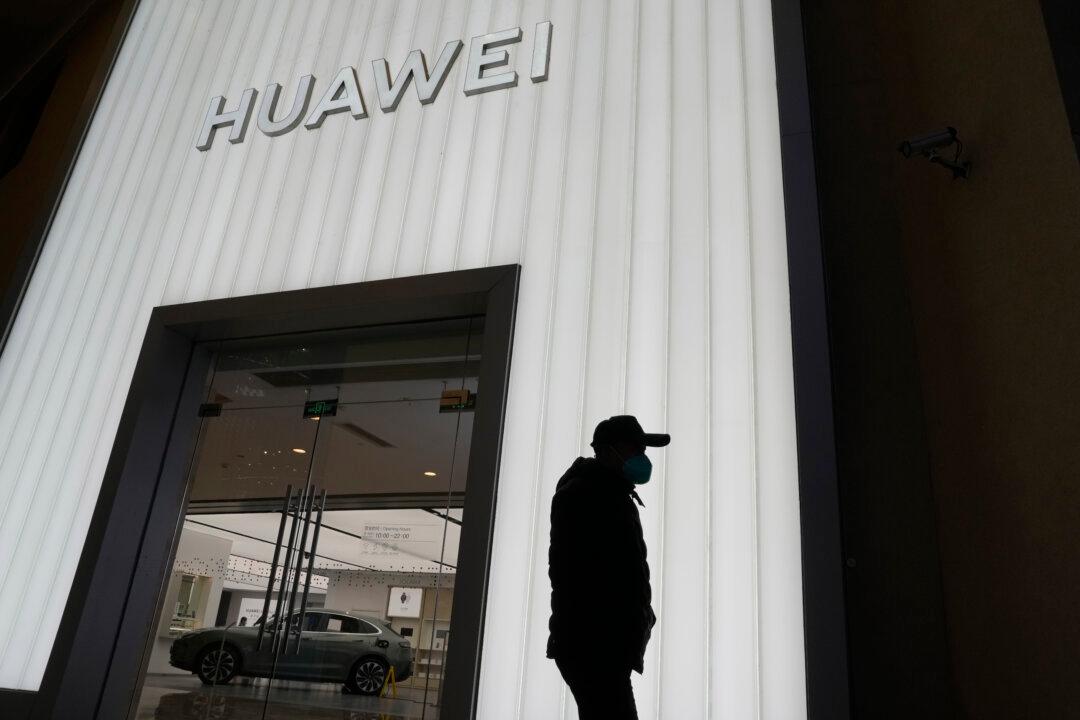A number of Canadian universities are disassociating from Huawei amid concerns about the tech giant’s affiliation with the Chinese military.
The University of Waterloo said on May 4 that it will be terminating research collaboration with Huawei after their contract expires this year. The move is to “safeguard scientific research” at the school, according to the university’s vice president for research Charmaine Dean.





